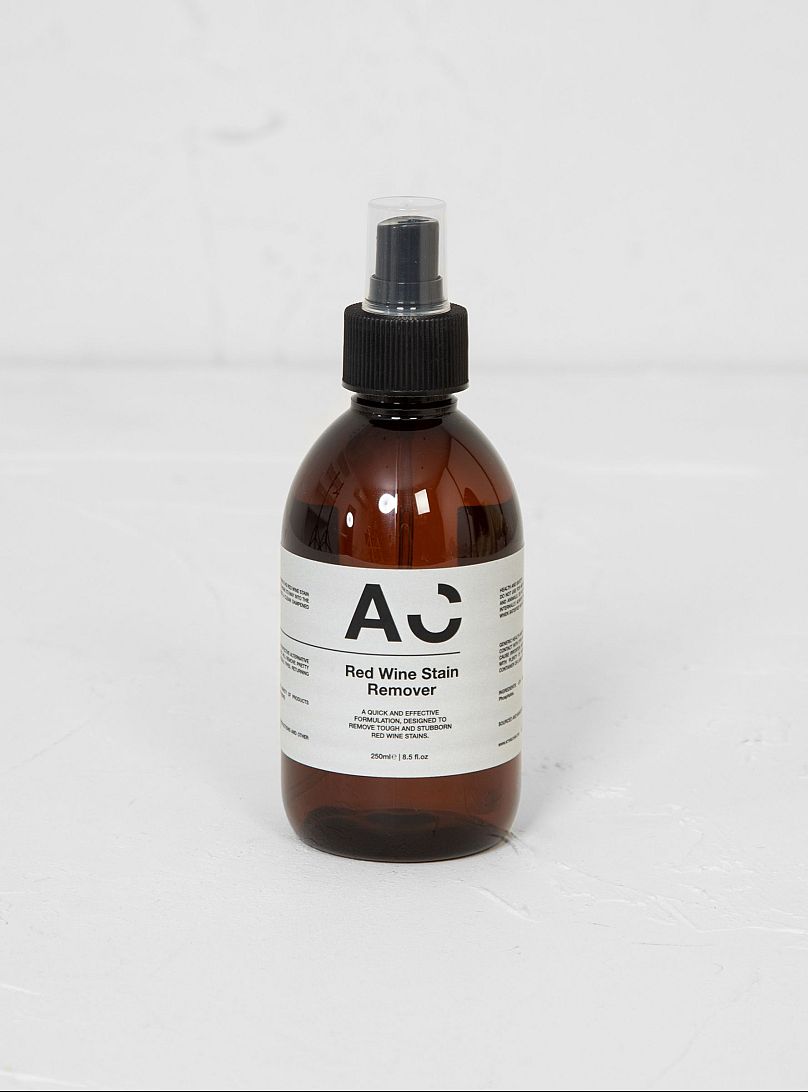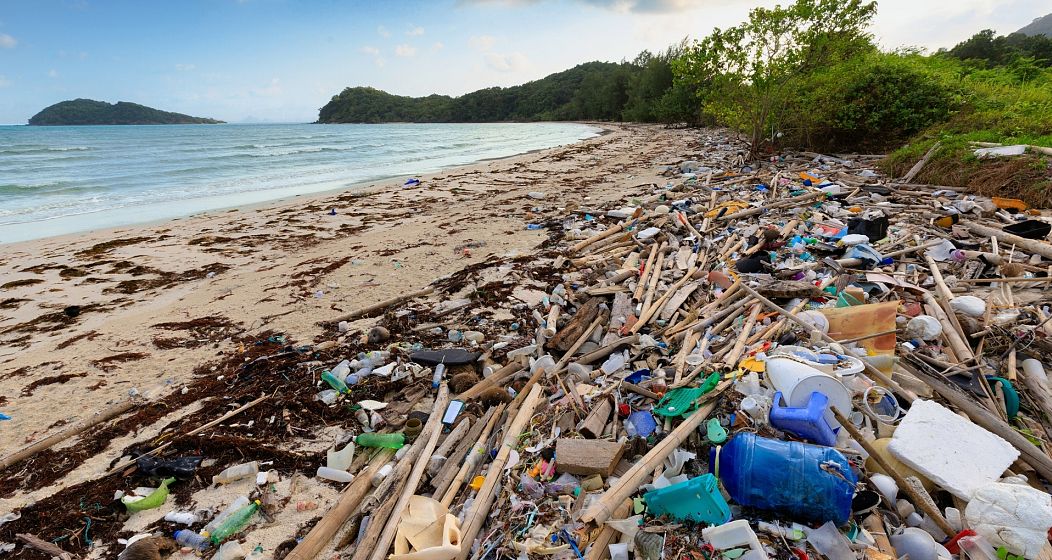Because accidents happen.
Over the festive period, red wine is a hearty essential. Whether it's a Merlot or a Malbec, or even a hot cup of the mulled variety, stains are inevitable as merriment gets the better of us.
 ADVERTISEMENT
ADVERTISEMENT
 ADVERTISEMENT
ADVERTISEMENT
We all have that designated family member who springs into action with a failsafe solution. Whether it's chucking white wine at the spillage, or vigorously rubbing it with salt.
There are numerous products on the market claiming to get rid of the dreaded crimson stains, but many contain chemical ingredients like surfactants. Surfactants reduce the surface tension of a liquid, so that it can be removed from a fabric, but can also cause skin irritation and harm the environment.
If you’re looking for a chemical-free alternative, go for a product like Attirecare’s Red Wine Spray.
This can be used on anything from furniture and carpets to clothes, and is made from eco-friendly and biodegradable ingredients. It also comes in fully recyclable packaging.
The climate conscious spray will remove the toughest, most stubborn of marks so you don't have lingering Pinot Noir on the couch all Christmas.
Just remember to shake it well before use and dab the area with a clean, damp cloth until the stain has completely shifted. Red wine stains, be gone.
And if you'd rather stick to chemical-free home remedies, experts recommend blotting the edges of the stain to prevent it from spreading, and using cold water to dab at it. Baking soda and vinegar are also great cupboard essentials you can try to remove the stain.
Why go chemical-free?
Apart from the direct health risks arising from cleaning products, including eye, skin, and respiratory irritation, household cleaners wreak havoc on the environment.
Most sprays are full of chemicals and packaged in plastic, meaning the knock-on effect on our oceans is two-fold.
According to the Environmental Protection Agency (EPA), cleaning constituents can expose aquatic species to toxicity and cause “adverse reproductive effects”. In a similar vein, many hygiene products such as exfoliators, tooth pastes and body washes release micro beads, tiny pieces of plastic that easily pass water filtration systems and end up in the sea.
When it comes to plastic, while just over eight in ten people wish they had access to more refillable household products, only one in six are currently buying them, according to research by Unilever.
Opting for refillable products is a great way to reduce your plastic consumption or, even better, opt for greener home remedies.












